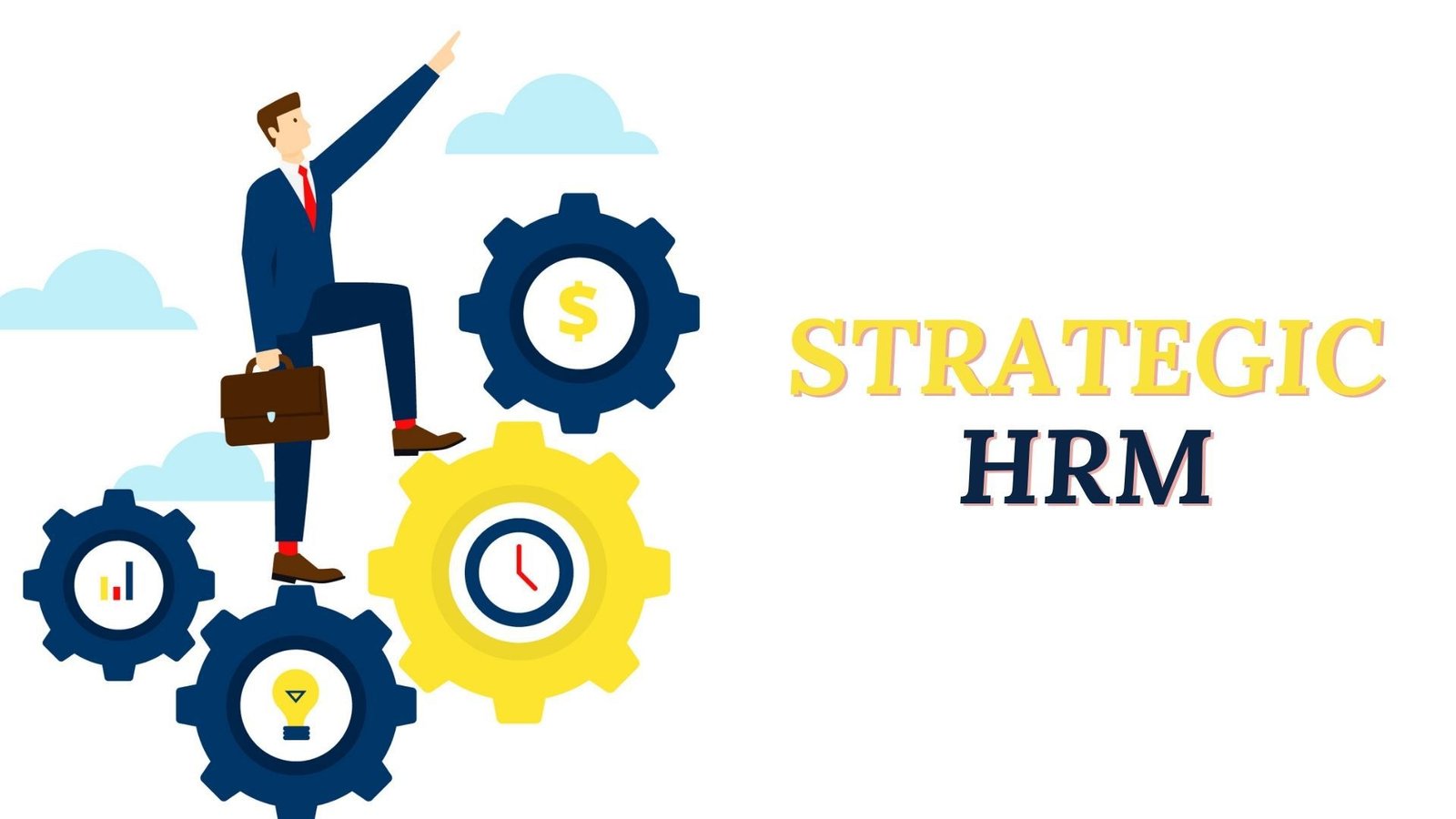
People who contribute individually and collectively to achieving organisational objectives are the most valued assets of any organisation. But how do you ensure they contribute in the face of a crisis? How do you keep people together and propel them towards achieving business goals?
Human Resource Management or HRM, is gaining more and more popularity these days as it works with managing human resources for an organisation.
But the process lacked helping employees at a micro level. A strategic approach with SHRM can help take additional steps to keep employees happy.
Let’s understand in detail, what is SHRM?
What is SHRM?
Strategic Human Resource Management, better known as SHRM, is the practice of attracting, developing and retaining a company’s employees to benefit its employees and the organisation.
HR departments that follow the practice of SHRM don’t work in a silo independently. They interact with other departments of the organisation to learn their business goals and then lay out proper strategies that align with the objectives of both employees and the organisation.
That is to say, the goal of the HR department is to reflect and support the rest of the organisation’s business goals. As opposed to being necessary for legal compliance and compensation, SHRM is seen as a partner that aids business growth. Strategic HRM uses the talent and opportunities within the HR department to make the rest of the departments stronger and more efficient.
Importance of SHRM
The end goal of SHRM is to ensure an increase in the business’ success rate. For that, it’s important to analyse the needs and goals of the whole organization and manage its people by preparing effective strategies that align with the vision and values of the organization. Strategic human resource management is a vital part of an organization for:
Effective Communication of Goals & Objectives
The goals and objectives are of great importance for any organisation. Without the presence of a strategic HR, these goals cannot be communicated well. As a result, people who work towards achieving those goals will not be able to perform their best, resulting in unachieved business goals within the given time.
Employing Efficient People for Achieving Specific Business Goals
It is the HR department of an organization that is responsible for the recruitment of employees. They hire people who work for the different departments within the organization. In this process, they become aware of the people they are hiring and their capabilities. With the help of strategic HR, specific goals are assigned to these employees based on their strengths and weaknesses.
Forecasting Future Human Needs
As they are aware of the company’s goals and the staff skills, they will be able to assess the skill gap and forecast future resource requirements for the organisation. SHRM will help in the process by managing the shortage of resources allowing consistency in operations.
Utilising Motivational Tools
A motivational tool used to motivate a particular individual may not necessarily work on others. Different people require different kinds of motivational tools. While some are motivated by permanent increments in salary, others would want small incentives periodically. For a few others, money is not a motivating factor anymore. They might need a promotion or social recognition to stay motivated. Strategic HRM helps determine what a person needs to remain motivated to achieve business goals.
Measuring Performance
The HR department is responsible for the analysis of the employees’ performance. Employees are rewarded based on the result of the output that they have given. SHRM undertakes the right methods to measure their performance. And then, it is compared with the expected performance from the employee. If it shows any requirement for further training or education, the HR department executes that. The selection of training cannot be determined without a strategic HR.
SHRM deals with finding innovative ways of developing and managing people to achieve business goals. If you wish to play a key role in the development and execution of organizational strategies, taking leadership and management courses will provide you with the required knowledge and tools.
